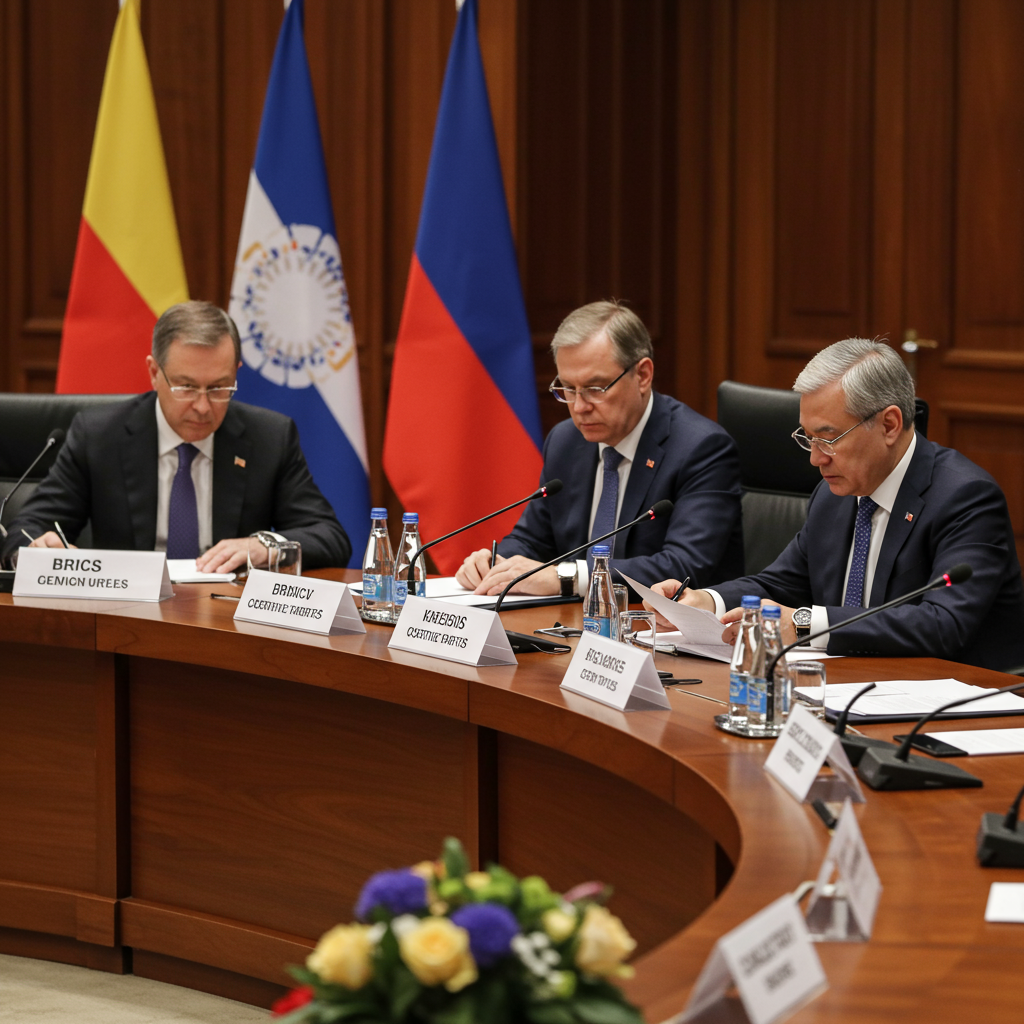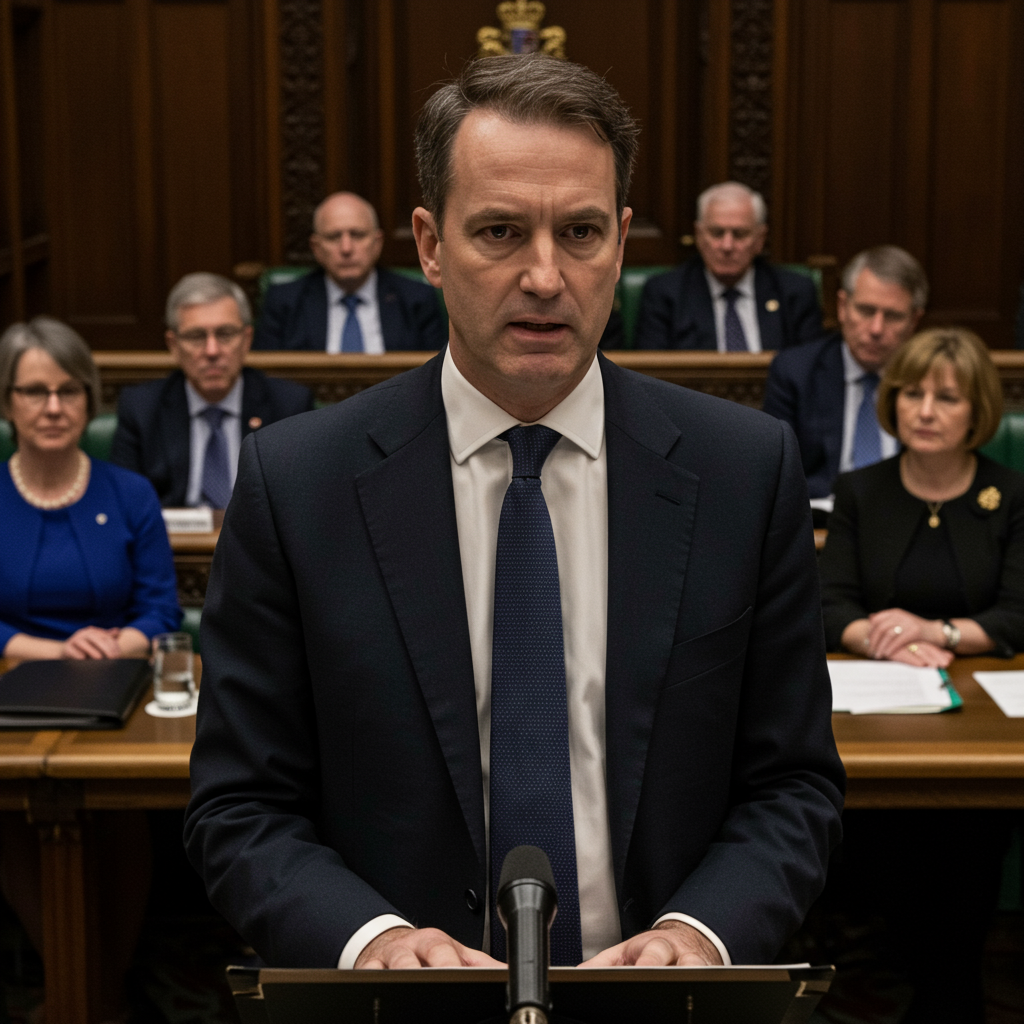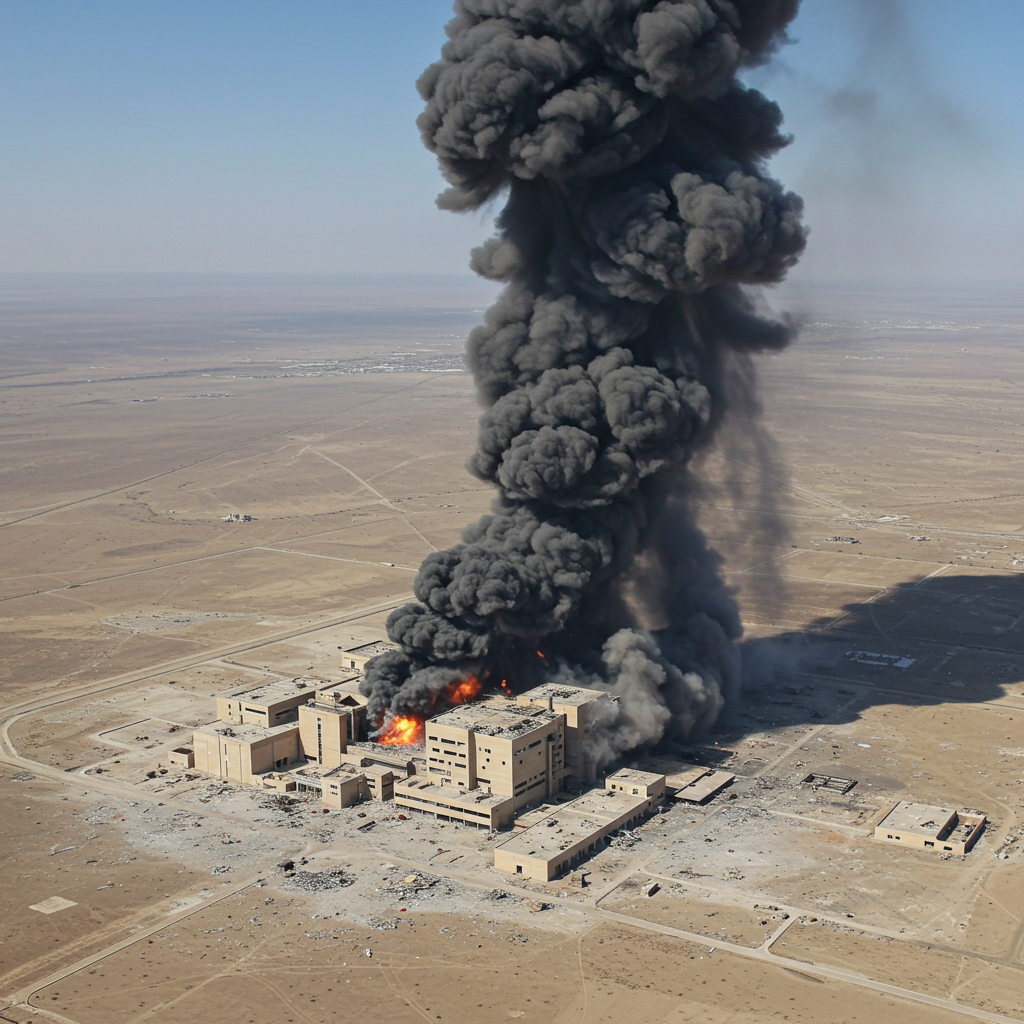Emerging global powers within the brics bloc are poised to issue a significant challenge to the foreign and trade policies associated with former US President Donald trump. A leaked draft statement, prepared for their recent summit in Rio de Janeiro, Brazil, reveals the group’s intention to strongly condemn unilateral trade tariffs and adopt positions sharply divergent from the Trump administration on critical issues like the Middle East conflict, climate change, and artificial intelligence governance. While the document reportedly avoids directly naming the United States or President Trump, its language is widely interpreted as a clear critique of policies pursued during his previous term.
The draft statement, seen ahead of the BRICS summit hosted by Brazilian President Luiz Inacio Lula da Silva, underscores growing tensions in the global economic landscape. It reflects a collective stance by the expanded group – now including Brazil, Russia, India, China, South Africa, Egypt, Ethiopia, Iran, Indonesia, and the United Arab Emirates – against protectionist trade measures. This unified voice from diverse economies signals a pushback against policies perceived as disrupting established international trade norms and World Trade Organization (WTO) rules.
BRICS Leaders Target Unilateral Trade Barriers
Central to the leaked BRICS draft statement is a pointed criticism of trade practices deemed harmful and inconsistent with global agreements. The document is said to express “serious concerns” regarding the rise of unilateral tariff and non-tariff measures imposed by individual nations. Specifically, the draft reportedly denounces the implementation of “unilateral coercive measures that are contrary to international law.” This phrasing is a key indicator that the criticism is directed at the kind of unilateral tariffs and trade restrictions that were a hallmark of the previous US administration’s trade strategy.
Several BRICS member states have faced direct impacts from such policies. Founding member India, for instance, has reportedly been among the countries targeted by potential US tariffs, with a July 9 deadline looming for some charges. Nations facing these prospective levies have been actively seeking agreements with the US to mitigate or avoid the economic impact. The collective voice of BRICS in condemning these measures provides a degree of solidarity among members navigating complex bilateral trade relationships, particularly with major economies like the United States.
Navigating Internal Dynamics and Global Ambitions
Despite presenting a united front in the draft statement, the BRICS bloc encompasses a diverse range of national interests and foreign policy alignments. While countries like China and Russia frequently find themselves at odds with US policy, other members, notably India, maintain relatively close strategic and economic ties with Washington. This inherent diversity explains the reported reluctance within the draft to explicitly name the US or President Trump. The nuanced language allows members with closer ties to the US to support the general principle against unilateralism without endorsing a direct confrontation.
Furthermore, the expanding BRICS group faces internal considerations, including concerns among some members about the bloc potentially serving primarily as a vehicle for China’s substantial economic and geopolitical interests. The inclusion of additional partner nations, such as Kazakhstan, Nigeria, Vietnam, and Thailand, signals the group’s ambition for broader global influence but also adds further complexity to achieving truly unified positions across all issues. The delicate balancing act between expressing collective grievances and managing internal differences is evident in the carefully worded draft.
Divergence on Geopolitical and Environmental Issues
Beyond trade, the BRICS draft statement highlights significant areas where the group’s collective position diverges from key policies associated with the Trump administration. The conflict in the Middle East, specifically the situation in Gaza, features prominently. According to summaries of the draft, BRICS leaders are expected to voice “severe concern” regarding the humanitarian crisis and ongoing violence in Palestinian territory. This includes highlighting the resumption of Israeli attacks and the obstruction of humanitarian aid access into Gaza.
The draft language reportedly delves into particularly sensitive areas, including a condemnation of the use of famine as a weapon of war – a reference to accusations that have been leveled against Israel, although Israel denies these charges. The leaders are also deliberating calls for a full withdrawal of Israeli forces from Gaza and opposing any forced displacement of the Palestinian population. Such a strong stance on the Middle East conflict, if retained in the final communique, could be seen as a notable intervention, especially given that Israeli Prime Minister Benjamin Netanyahu was reportedly scheduled to meet President Trump around the same time the BRICS summit was concluding.
Climate and Technology Divides
Another clear point of divergence lies in environmental policy. The draft statement reaffirms BRICS support for the Paris climate agreement. This stands in direct contrast to the Trump administration’s previous decision to unilaterally withdraw the United States from the accord. The BRICS position aligns the emerging economies with the global consensus on climate action, setting them apart from past US policy on this front.
Furthermore, the draft addresses the burgeoning field of artificial intelligence (AI). The BRICS nations are expected to call for global governance mechanisms to mitigate potential risks associated with AI development and deployment. This approach contrasts with the dominant stance in the US, which is a leader in AI innovation but has shown resistance to some international regulatory proposals, particularly those emerging from regions like the European Union. The call for global governance reflects a desire among BRICS members for multilateral frameworks to shape the future of this transformative technology.
Frequently Asked Questions
What specific US policies does the BRICS draft statement implicitly criticize?
The draft statement prepared for the recent BRICS summit implicitly criticizes several policies associated with former US President Donald Trump. Primarily, it targets unilateral trade tariffs and non-tariff barriers, referring to them as “coercive measures” inconsistent with international law and WTO rules. The draft also takes stances on the Middle East conflict, specifically the situation in Gaza, climate change by reaffirming support for the Paris Agreement (from which the US withdrew), and artificial intelligence governance, all areas where BRICS positions contrast with past US approaches.
Who are the current full members of the expanded BRICS group?
The expanded BRICS bloc currently comprises eleven full member states. These include the original five founding nations: Brazil, Russia, India, China, and South Africa. In 2024, the group welcomed five additional full members: Egypt, Ethiopia, Iran, Indonesia, and the United Arab Emirates. The draft statement also reportedly indicates plans to welcome ten further countries as “partner countries,” signaling continued growth and broader influence.
Why is the BRICS draft statement seen as critical of the Trump administration specifically?
Although the BRICS draft statement reportedly avoids naming the United States or President Trump directly, its language and the timing of the summit make the critique clear. The strong condemnation of “unilateral tariff and non-tariff measures” and “unilateral coercive measures contrary to international law” directly mirrors the language used internationally to describe trade policies enacted by the Trump administration. Additionally, the draft’s positions on the Paris climate agreement and global AI governance stand in direct opposition to specific policy decisions and approaches taken by that administration, leaving little doubt about the intended target of the criticism.
Looking Ahead for BRICS
The leaked draft statement provides a clear preview of the collective stance emerging-market nations within BRICS aim to adopt on the global stage. By condemning unilateral tariffs and taking positions at odds with past US policies on key geopolitical and technological issues, the group asserts its growing influence and desire for a more multipolar world order. While internal divisions and differing national interests temper the potential for outright confrontation, the unified message in the draft underscores the BRICS nations’ ambition to shape global norms and challenge policies they view as detrimental to their collective interests and international cooperation. The final communique, expected after the summit concludes, will reveal how much of this strong language is ultimately adopted and what impact it may have on global relations.
References
- www.ceoinsightsasia.com
- www.businesstimes.com.sg
- www.thehindubusinessline.com
- <a href="https://m.economictimes.com/news/international/world-news/brics-set-to-condemn-coercive-tariffs-adopt-position-at-odds-with-trump-on-trade-taxes/articleshow/122261214.cms?UTMSource=GoogleNewsstand&UTMCampaign=RSSFeed&UTM_Medium=Referral”>m.economictimes.com




